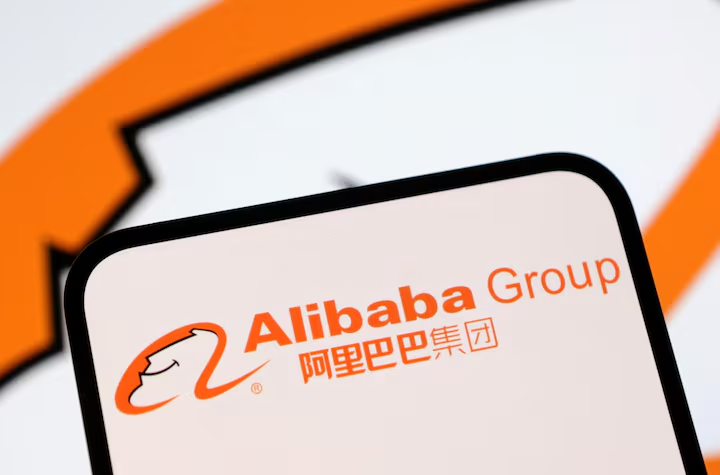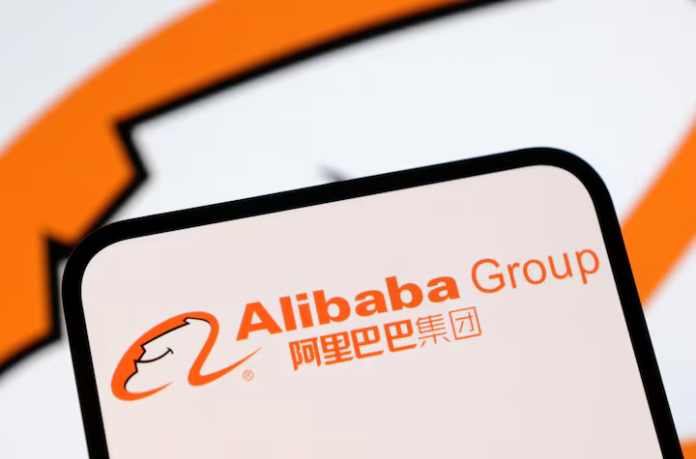The Biden administration and U.S. lawmakers are raising serious concerns over a potential partnership between Apple and Chinese tech giant Alibaba to integrate Alibaba’s AI into iPhones sold in China, according to a New York Times report published Saturday.
The controversy stems from fears that this deal could enhance China’s artificial intelligence capabilities and expand the use of government-censored chatbots. U.S. authorities are also worried that this collaboration might increase Apple’s vulnerability to strict Chinese regulations regarding censorship and data privacy.
Sources close to the matter revealed that both the White House and Congress are currently reviewing the deal, though neither Apple nor Alibaba have commented publicly in response to Reuters’ inquiries.
The tension surrounding this partnership highlights the broader tech war between the U.S. and China. At the heart of the issue is data — who controls it, where it flows, and how it’s used. With AI becoming the next major battlefield in global tech competition, the idea of a U.S. company like Apple relying on a Chinese AI partner raises red flags in Washington.
Back in February, Alibaba officially confirmed its partnership with Apple to offer AI services for iPhones in China. For Alibaba, the move is a major achievement as it attempts to secure a stronger position in China’s rapidly growing AI industry — a market that includes emerging players like DeepSeek, known for developing advanced AI models at significantly lower costs than Western competitors.

Although the details of the agreement remain unclear, what’s evident is that U.S. officials see a significant risk. Not only could the deal give China a technological advantage in AI, but it could also subject Apple to more intense Chinese government oversight, which could compromise user data privacy and freedom of speech.
The scrutiny also points to a larger dilemma facing multinational tech companies: balancing access to the lucrative Chinese market while maintaining compliance with U.S. laws and values. As geopolitical tensions rise, such deals are expected to face tougher evaluations.
The outcome of this review could have a lasting impact on how tech giants operate globally, especially when navigating partnerships in regions with strict censorship and surveillance laws.



